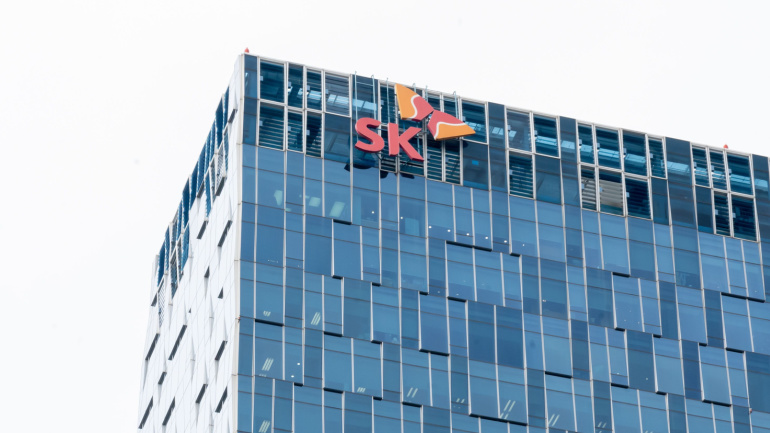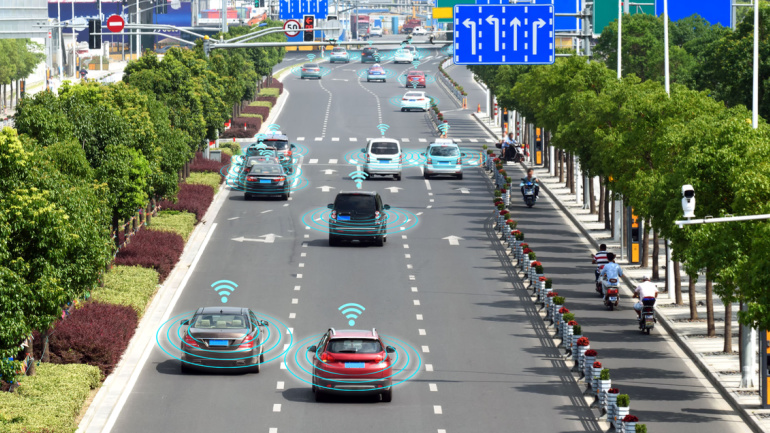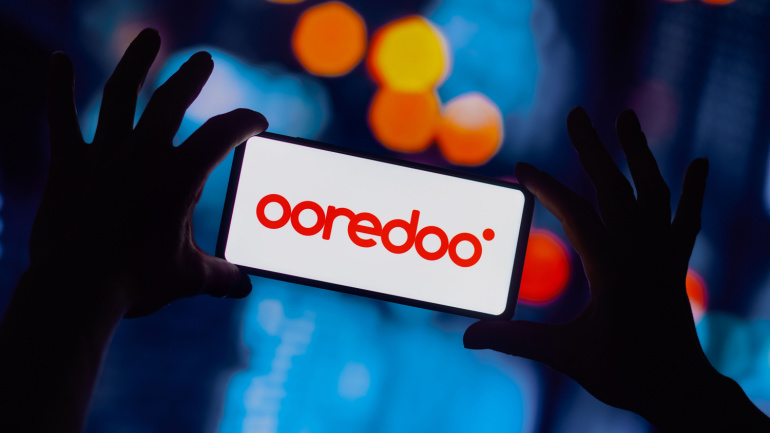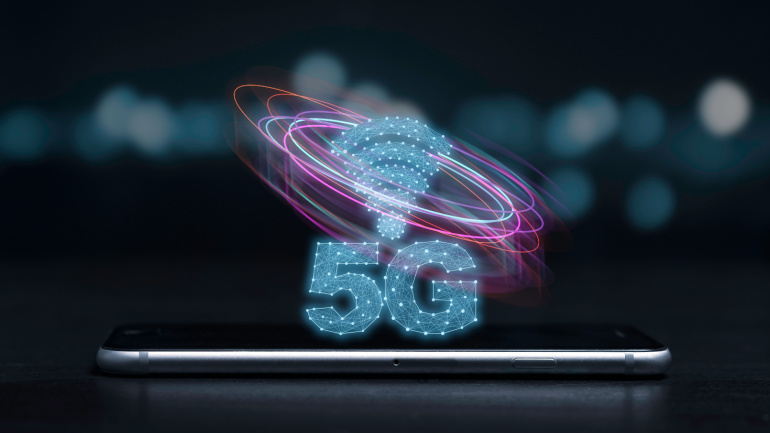Investigating the annual telecom standings in the DACH region unveils significant enhancements. Deutsche Telekom leads in Germany, marked by its thirteenth victory in Mobile network systems, with an improvement in 15 points. Austria’s competition ended with Magenta taking the top spot, entering the global Top 5 Club. Swisscom claimed victory in Switzerland for the sixth time in a row.
Cellnex, the infrastructure titan, is considering the sale of tower assets in Austria and Ireland in a push to offload financial burdens and deepen roots in the European market. This shift in focus, triggered by last year’s UK Hutch deal completion, aims for organic growth, investment-grade rating, and debt management via strategic divestments. CEO Patuano hints future cash generation post 2027 and potential interest in bidding for Deutsche Telekom’s GD Towers business, crafting a more efficient operational blueprint.
SK Telecom’s collaboration with AI pioneer Mars Auto, brings forth a compelling vision for autonomous trucking, leveraging SKT’s 5G prowess and Mars Auto’s AI system. With Mars Auto’s AI armed with extensive roadway data from SKT, there’s a promise of safer, more efficient self-driving services. SKT’s continued strides in telecom, signified by the company’s alliance with Deutsche Telekom and massive investment in AI firm Anthropic, show signs of transformative potential for the telecom sector.
Deutsche Telekom, in collaboration with AirHop, Juniper Networks, VIAVI Solutions, and VMware, has been testing the waters to leverage telecom technology bound by Open RAN specifications. Treading an intriguing path of innovation, they trialed Non-RT RIC technology by performing a RAN closed-loop optimization proof, embraced by ONAP and Open RAN standards. The journey unfolded two pivotal use case scenarios revolving around PCI optimization and energy-saving dynamics powered by AI and machine learning.
Deutsche Telekom and MIRA dive into an ambitious project crafting the ‘shuttle service of the future’ in Bonn, using the premise of teleoperation or remote driving. Facilitated by speedy 5G data transmission, this experiment highlights the necessity of ‘network slicing’ and ‘quality on demand’ for autonomous vehicles. Yet, governmental restrictions on remote-controlled travel present a hurdle. Despite the challenges, both firms remain hopeful, envisioning a driver-free automobile future.
Taking dynamic major strides in the quantum computing sector, T-Systems, Deutsche Telekom’s IT wing, is partnering with IQM Quantum Computers, offering its customers unique access to the complexities and potential of IQM’s quantum infrastructure. Leveraging the power of quantum mechanics and harnessing the elusive ‘qubits’, this promising collaboration forms a critical intersection of cloud technology and quantum computation, manoeuvring towards transformative problem-solving capabilities.
Ooredoo Oman initiates a tender for its tower infrastructure sale and leaseback, inviting top telecom firms to submit bids. This follows a global trend set by major operators like Vodafone, Deutsche Telekom, and Telefonica.
Vonage, a prominent player in cloud communications and a subsidiary of Ericsson (NASDAQ: ERIC), has clinched the prestigious Gold Award for its 5G advancements at the Merit Awards for Telecom. The accolade highlights Vonage’s commitment to fostering digital transformation through its global network platform.
In a stark warning delivered at a regional investment banking conference in Tallinn, Estonia, Ericsson CEO Börje Ekholm highlighted Europe’s precarious position in the global telecom arena. Emphasizing the urgent need for regulatory reform and innovation prioritization, Ekholm cautioned that Europe’s telecom industry is trailing far behind its counterparts in the US, China, and India.
Recognizing the growing demand for mid-band spectrum, the International Telecom Union (ITU) appends new frequency bands for 5G usage. A significant addition was the 6GHZ spectrum, which is anticipated to facilitate the 5G evolution. Multiple global operators have conducted successful tests, making strides toward a seamless shift to 5G-Advanced. This advancement not only opens a myriad of industry opportunities but also promises an improved user experience potentially comparable to the fiber experience.













